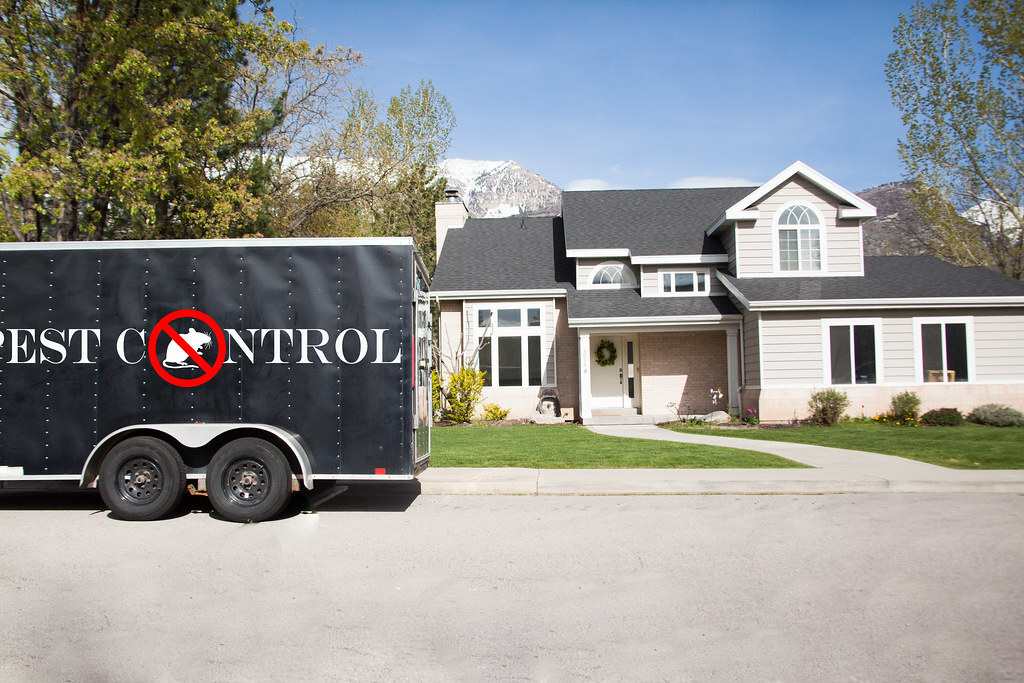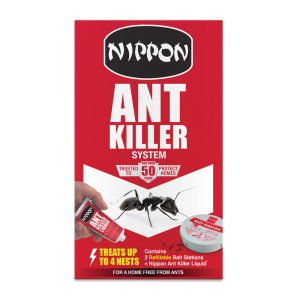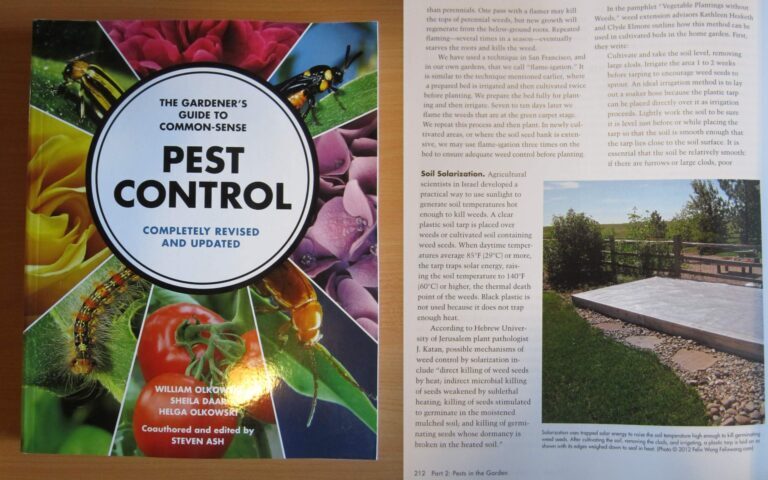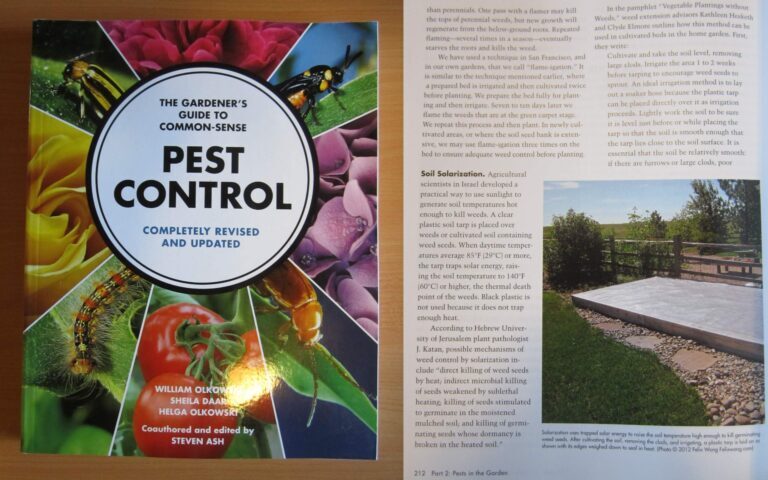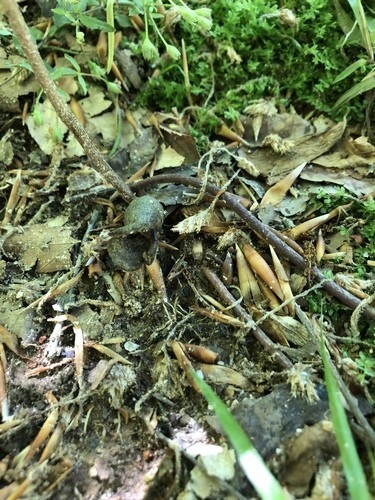Nurturing a Pest-Free Environment: How Natural Pest Control Can Help
Introduction
Definition of natural pest control
Natural pest control refers to the use of non-toxic and eco-friendly methods to manage and prevent pests in our environment. Unlike traditional pest control methods that rely on harmful chemicals, natural pest control focuses on utilizing natural predators, biological controls, and organic solutions to keep pests at bay. By adopting natural pest control practices, we can create a pest-free environment without compromising the health of humans, animals, and the ecosystem. This approach emphasizes the importance of sustainable and environmentally friendly pest management strategies, promoting harmony between nature and human activities.
Importance of pest control
Pest control plays a crucial role in maintaining a healthy and pest-free environment. It is important to prioritize pest control measures to protect our homes, businesses, and agricultural areas from the damages and health risks caused by pests. Natural pest control methods offer a sustainable and eco-friendly solution to tackle pest infestations without harming the environment or human health. By using natural alternatives such as biological controls, organic repellents, and habitat modification, we can effectively manage pests while minimizing the use of harmful chemicals. Embracing natural pest control not only helps in preserving biodiversity but also promotes a balanced ecosystem where pests are kept in check naturally. It is essential to recognize the importance of pest control and adopt eco-friendly practices to create a safe and pest-free environment for everyone.
Overview of the article
In the article titled ‘Nurturing a Pest-Free Environment: How Natural Pest Control Can Help’, the author provides an insightful overview of the importance of natural pest control methods. The article highlights the detrimental effects of chemical pesticides on the environment and human health, emphasizing the need for alternative approaches. By exploring the benefits of natural pest control, such as using biological agents, organic repellents, and habitat modification, the author encourages readers to adopt sustainable practices that promote a pest-free environment. This comprehensive overview serves as a valuable resource for individuals seeking effective and eco-friendly pest control solutions.
Common Pests
Types of common pests
Types of common pests can vary depending on the region and environment. In general, some of the most common pests include rodents, insects, and birds. Rodents such as mice and rats can cause damage to property and spread diseases. Insects like ants, cockroaches, and termites can infest homes and buildings, causing structural damage. Birds, such as pigeons and seagulls, can create a nuisance by nesting in or around buildings and leaving droppings. It is important to be aware of these common pests and take necessary measures to prevent and control their presence.
Problems caused by pests
Pests can cause a multitude of problems in our environment. They can damage crops, infest homes and buildings, and spread diseases. These nuisances can also disrupt our daily lives by causing discomfort and anxiety. Additionally, pests can have a negative impact on the ecosystem by disrupting the natural balance and biodiversity. Therefore, it is crucial to address the problems caused by pests and find effective solutions to maintain a pest-free environment.
Traditional pest control methods
Traditional pest control methods have long been the go-to solution for dealing with unwanted pests. These methods often involve the use of chemical pesticides and insecticides, which can be harmful to both humans and the environment. However, there is a growing awareness of the negative impacts of these traditional methods, leading to a shift towards natural pest control. Natural pest control methods utilize organic and non-toxic substances to eliminate pests, such as biological control agents, traps, and repellents. By adopting natural pest control methods, we can create a pest-free environment without compromising our health or the well-being of the ecosystem.
Natural Pest Control Methods
Biological pest control
Biological pest control is a sustainable and environmentally friendly approach to managing pests. It involves the use of natural predators, parasites, and pathogens to control pest populations. By harnessing the power of nature, biological pest control can effectively reduce pest numbers without the need for harmful chemicals. This method not only protects our health and the environment but also promotes biodiversity and ecological balance. With the increasing concern over the negative impacts of chemical pesticides, embracing biological pest control is crucial in creating a pest-free environment that is safe for both humans and the ecosystem.
Mechanical pest control
Mechanical pest control is a method of pest management that involves the use of physical devices or techniques to eliminate or deter pests. This approach relies on non-chemical means to control pests, making it an environmentally friendly option. Some common examples of mechanical pest control include the use of traps, barriers, and physical removal of pests. By employing these methods, individuals can effectively manage pests without relying on harmful chemicals, ensuring a safe and pest-free environment.
Cultural pest control
Cultural pest control is an essential aspect of maintaining a pest-free environment. Unlike chemical-based pest control methods, cultural pest control focuses on preventive measures and sustainable practices. It involves understanding the behavior and biology of pests and implementing strategies to discourage their presence. This can include practices such as crop rotation, companion planting, and maintaining proper sanitation. By adopting cultural pest control techniques, we can minimize the use of harmful chemicals and promote a healthier and more balanced ecosystem.
Benefits of Natural Pest Control
Environmentally friendly
Environmentally friendly pest control methods are becoming increasingly popular as people recognize the importance of preserving the natural environment. These methods focus on using natural substances and techniques to control pests, rather than relying on harmful chemicals. By opting for natural pest control, individuals can not only protect their homes and gardens from pests but also contribute to the overall well-being of the ecosystem. Natural pest control methods are not only effective but also safe for humans, pets, and beneficial insects. They promote a balanced and sustainable approach to pest management, ensuring a pest-free environment without causing harm to the environment.
Safe for humans and pets
Natural pest control methods are not only effective in eliminating pests, but they are also safe for humans and pets. Unlike chemical pesticides, which can pose health risks, natural pest control methods use organic and non-toxic substances to target and eliminate pests. This means that you can have peace of mind knowing that your family and pets are not exposed to harmful chemicals. Additionally, natural pest control methods are environmentally friendly, as they do not contribute to air, water, or soil pollution. By opting for natural pest control, you are not only creating a pest-free environment but also promoting the overall well-being of your loved ones and the planet.
Long-term effectiveness
Long-term effectiveness is a key factor to consider when implementing pest control measures. While traditional methods may provide immediate results, they often fall short in maintaining a pest-free environment in the long run. This is where natural pest control comes into play. By utilizing natural and eco-friendly techniques, such as biological control and habitat modification, natural pest control offers a sustainable solution that not only eliminates pests but also prevents their return. The use of natural predators, such as ladybugs or nematodes, can help control pest populations without harming the environment or posing a risk to human health. Additionally, habitat modification techniques, such as removing food and water sources or sealing entry points, can deter pests from infesting the area. With its focus on long-term effectiveness, natural pest control is a valuable approach that promotes a pest-free environment while minimizing the use of harmful chemicals.
Implementing Natural Pest Control
Identifying pest problems
Identifying pest problems is an essential step in creating a pest-free environment. By correctly identifying pests, we can determine the most effective natural pest control methods to employ. This involves closely observing the signs of pest activity, such as droppings, chewed materials, or visible damage to plants or structures. It is also important to identify the specific pest species, as different pests require different approaches for control. With a thorough understanding of the pest problem at hand, we can then proceed to implement targeted and eco-friendly solutions that will effectively eliminate pests and promote a healthier living environment.
Choosing the right natural pest control methods
When it comes to choosing the right natural pest control methods, it is important to consider the specific pest problem you are dealing with. Different pests may require different approaches, so it is essential to identify the pest and understand its behavior and habits. Additionally, it is crucial to research and select natural pest control methods that are safe for the environment, as well as for humans and pets. This may include using organic pesticides, implementing biological control methods, such as introducing beneficial insects, or employing physical barriers to prevent pest infestations. By choosing the right natural pest control methods, you can effectively manage and prevent pest problems while minimizing the impact on the ecosystem.
Creating a pest-free environment
Creating a pest-free environment is essential for maintaining a healthy and comfortable living space. Natural pest control methods offer a safe and effective solution to prevent and eliminate pests without the use of harmful chemicals. By implementing practices such as proper sanitation, regular maintenance, and the use of natural repellents, individuals can create an environment that is inhospitable to pests. Additionally, encouraging biodiversity and attracting beneficial insects can help maintain a balanced ecosystem and reduce the risk of pest infestations. With natural pest control, we can foster a harmonious coexistence with nature while ensuring a pest-free environment.
Conclusion
Summary of key points
In summary, natural pest control is an effective and eco-friendly approach to managing pests and creating a pest-free environment. By utilizing natural methods such as biological controls, organic pesticides, and habitat modification, we can reduce the reliance on harmful chemical pesticides that can harm the environment and human health. Natural pest control also promotes biodiversity by supporting beneficial insects and wildlife that help control pest populations. Additionally, it is a sustainable solution that can be implemented in various settings, including residential homes, farms, and gardens. By adopting natural pest control practices, we can protect our environment while effectively managing pests.
Encouragement to adopt natural pest control
Encouraging the adoption of natural pest control methods is crucial for creating a pest-free environment. By embracing natural pest control techniques, we can reduce the reliance on harmful chemicals that not only harm pests but also have negative effects on the environment and human health. Natural pest control methods, such as biological control, companion planting, and using organic pesticides, offer a sustainable and eco-friendly approach to managing pests. Additionally, natural pest control promotes the preservation of beneficial insects and wildlife, creating a balanced ecosystem. By adopting natural pest control, we can create a harmonious coexistence with nature while effectively managing pests.
Future of natural pest control
The future of natural pest control looks promising as more and more people are becoming aware of the harmful effects of chemical pesticides on the environment and human health. With the growing demand for organic and eco-friendly solutions, natural pest control methods are gaining popularity. These methods involve the use of natural predators, such as ladybugs and birds, to control pest populations, as well as the use of organic pesticides derived from natural sources. By embracing natural pest control, we can create a healthier and more sustainable environment for future generations.

